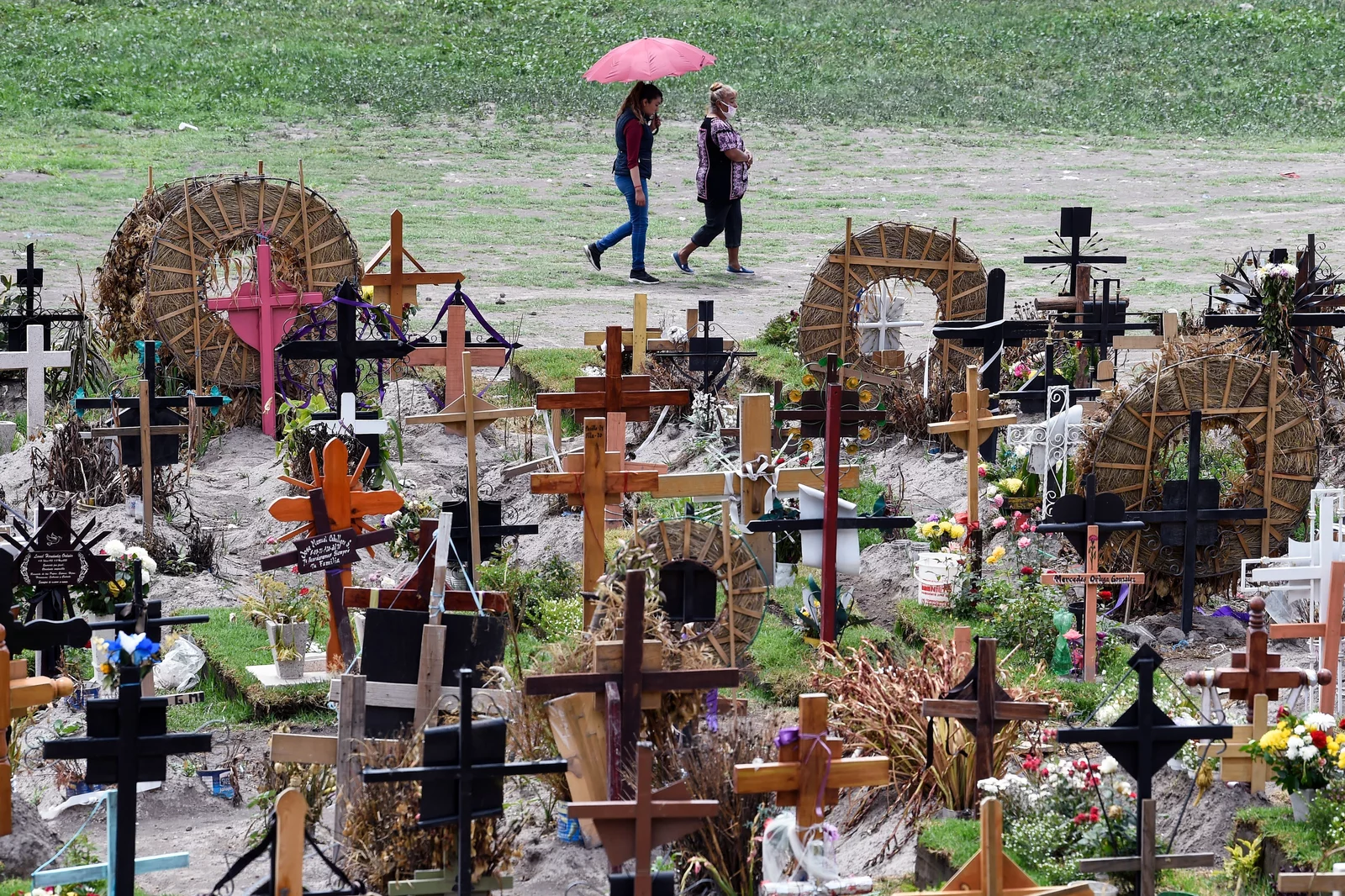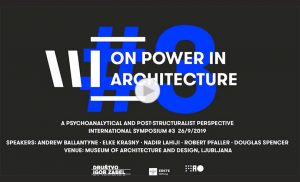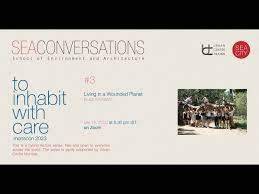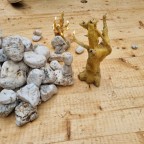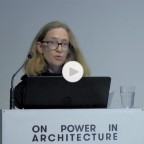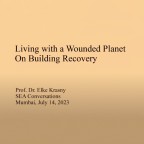Elke Krasny, Care: On Freedom and Violence, Ludwig Múzeum Budapest, January 16, 2024
The social fabric of existence is woven by care. But how is care actually being cared for? And who cares for care, politically, socially, epistemically? How is care understood as knowledge? And how does knowing our relations to the world change if knowing starts from the relations of care? In the name of care, nation states have promoted the colonial supremacist project of patriarchy. In the name of freedom, so-called second wave feminism identified caring labors as burden hindering women’s creativity, intellectual productivity, and economic mobility. Tracing how modern ontologies of gender were linked to mammalian epistemologies and their political economy of care essentialism this lecture asks what it would take to free care from the patriarchal violence of domination and extraction. This lecture asks if we can learn to imagine care otherwise and looks at activism, art, and theory providing hope, resistance, and endurance to collectively imagine and practice the freedom to care.
https://www.ludwigmuseum.hu/program/gondoskodo-gyakorlatok-szimpozium-vigyazat-torekeny-handle-care-cimu-kiallitas-zaroesemenye

